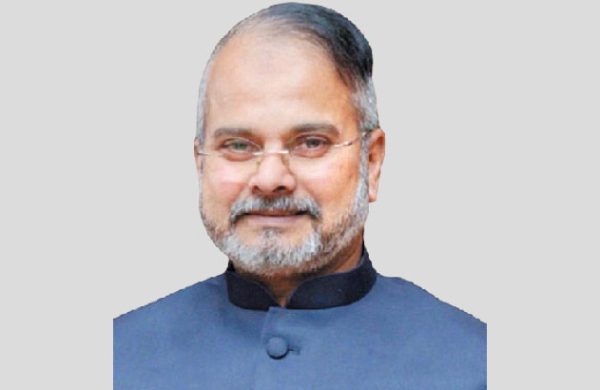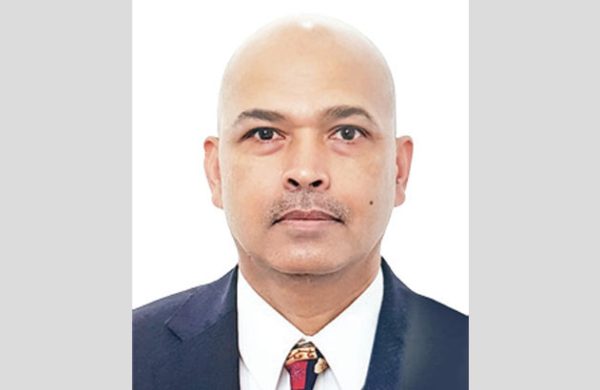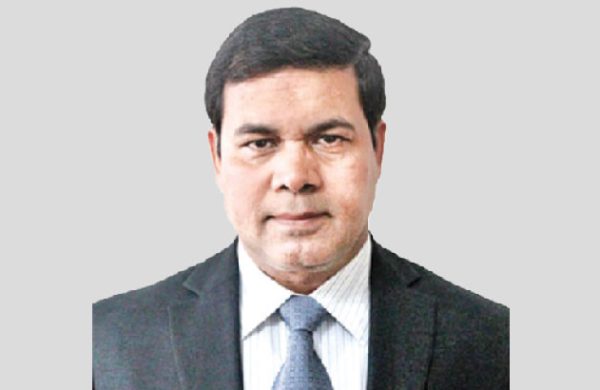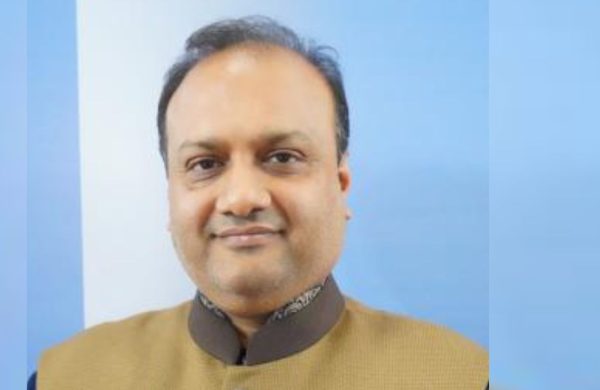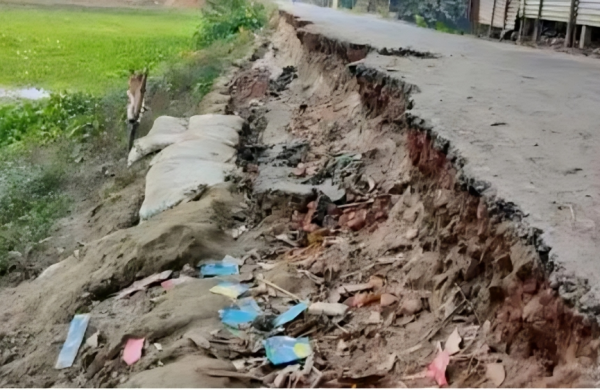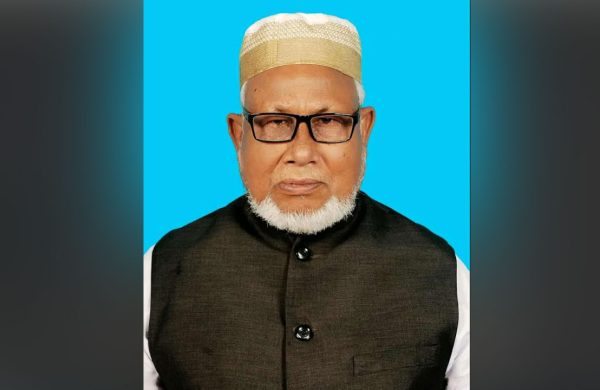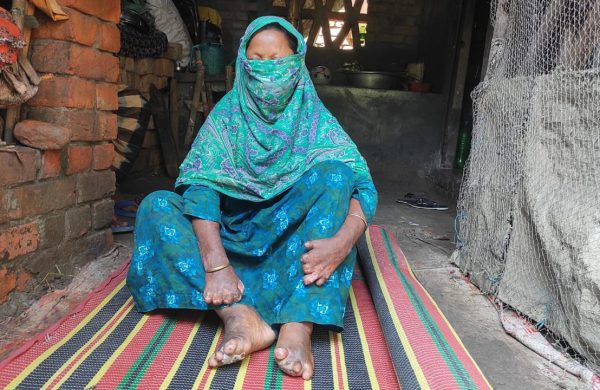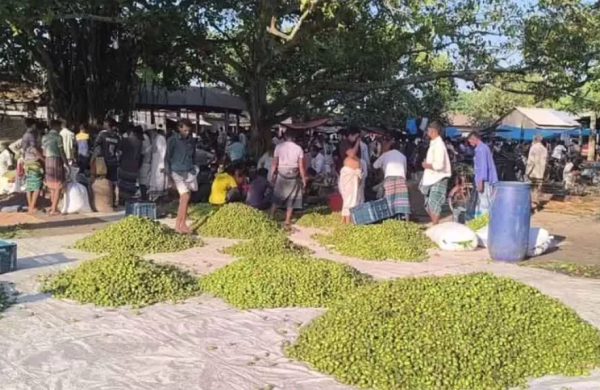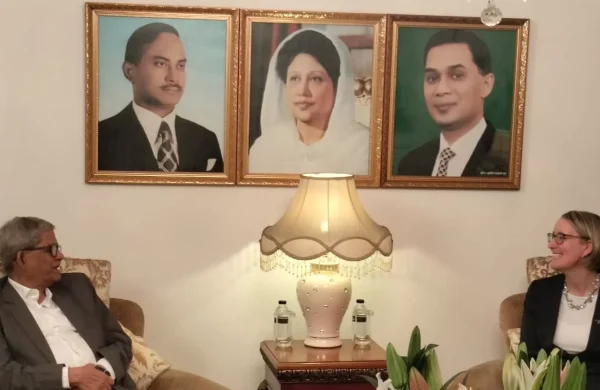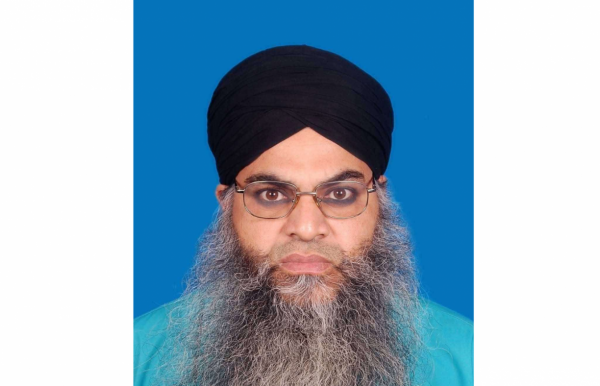Consequences of Strict Reforms in Tobacco Control Law and What We Can Do
- Update Time : Tuesday, February 25, 2025

—Barrister Mahmud Al Mamun Himu—
As Bangladesh envisions a future marked by economic growth and improved quality of life, it faces a persistent challenge: the nuances around amending the Tobacco Control Act (TCA). While the intent behind this laudable initiative is clear—to promote public health—any reforms must consider the broader economic and social consequences.
For years now, we have witnessed a tendency of avoiding consultation with stakeholders during policy reform discussions with regard to this sector that provides 11-15% of internal government revenue.
The tobacco industry and its related stakeholders are an integral part of Bangladesh’s economy, with the livelihoods of many people being associated with this sector. It has also positioned the country as a potential global exporter. So, abrupt impractical amendments to the tobacco law could trigger a chain reaction of unintended consequences, harming the very people whom policies aim to protect.
TOBACCO CULTIVATION: A LIFELINE FOR FARMERS
For many farmers, tobacco cultivation is not just a business—it is a lifeline. Generations of farmers have relied on this high-yield cash crop to sustain their families. Proposals that impose excessive restrictions on tobacco production threaten to cripple these farmers’ incomes, leaving them with no viable alternatives.
Transitioning to other crops is not as simple as policymakers may assume. Many farmers lack the resources, knowledge or market access to shift to new forms of agriculture without suffering immense financial losses.
Additionally, Bangladesh has a strong opportunity to tap into the global tobacco export market valued around $50 billion. Has there been any exploration on ways to maximise our potential as an international exporter, strengthening Bangladesh’s position in the global economy?
IMPACT ON MANUFACTURING AND PROCESSING SECTORS
Beyond the fields, the impact on the manufacturing and processing sectors needs to be taken into consideration as well. Thousands of workers are employed and involved in production, packaging, transportation and delivery – who could find themselves jobless overnight.
Many of these workers are low-income earners with limited alternative employment opportunities. A decline in tobacco production would also weaken the supply chain that spans across numerous industries, including logistics, retail, packaging, third party suppliers, distributors etc. The ripple effects would extend to small businesses, resulting in declining revenues and potential closures. When industries suffer, the communities that depend on them suffer as well.
MACROECONOMIC PERSPECTIVE: REVENUE AND ILLICIT TRADE
From a macroeconomic perspective, tobacco remains a key contributor to government revenue. Bangladesh earns substantial internal revenue from legal tobacco sales. Overly restrictive regulations that stifle legal sales do not eliminate tobacco consumption; rather, it pushes consumers towards the illicit markets.
Thus, while data may show reduction in consumption, this may simply be because consumers shifted to illicit products. There are multiple cases from countries like Indonesia, Malaysia that justify this claim. This unregulated market not only undermines government revenue but also poses greater public health risks, as it is cheaper and available to kids. By driving consumers towards illicit trade, we risk creating a problem far worse than the one we aim to solve.
EXISTING TOBACCO CONTROL ACT: A ROBUST FRAMEWORK
It is important to recognise that the existing Tobacco Control Act already provides a robust framework for tobacco control. Over the years, we have seen significant progress in regulating the industry while maintaining economic stability. The proposed amendments, however, appear to overlook the delicate balance between health objectives and economic realities.
They risk alienating the very people they aim to protect—the workers, farmers and small business owners who depend on the industry for their livelihoods. The vision for a tobacco risk-free and healthier country can be achieved by proper implementation of the already existing laws, while giving enough space to the people whose lives and livelihood depend on the tobacco industry to look for secure alternatives.
INCLUSIVE REFORM: CONSIDERING ALL STAKEHOLDERS
The conversation about tobacco control should not be limited to imposing bans and restrictions. A truly inclusive reform must consider all stakeholders—farmers, workers, businesses and government bodies—so that policies are both effective and sustainable. Public health is a priority, but it cannot be achieved by fuelling more illicit trades. If the government aims to reduce smoking rates, a balanced approach that includes harm reduction strategies, economic alternatives for farmers and phased regulations is essential. Abrupt changes without these considerations will do more harm than good, not just to the tobacco industry but to the economy at large.
A HOLISTIC APPROACH TO TOBACCO CONTROL
Bangladesh’s policymakers must take a holistic approach to tobacco control—one that does not put the livelihoods of millions at stake while trying to reform. The existing tobacco control law has already provided a strong regulatory framework that ensures responsible production while maintaining economic stability.
The upcoming review should focus on refining and strengthening this framework, rather than introducing measures that could inadvertently fuel illicit trade and job losses. A measured, well-thought-out strategy will serve both public health and economic progress, ensuring that Bangladesh moves forward without leaving anyone behind. As a high-powered committee has been formulated to scrutinise this tobacco law proposal, there is hope for an end to the unfair bypassing of industry stakeholders and for moving towards a practical approach to fight tobacco consumption together.
__________________________________
The writer is a practicing lawyer, human rights and social activist, and General Secretary, Legal Aid and Advocacy for Bangladesh


